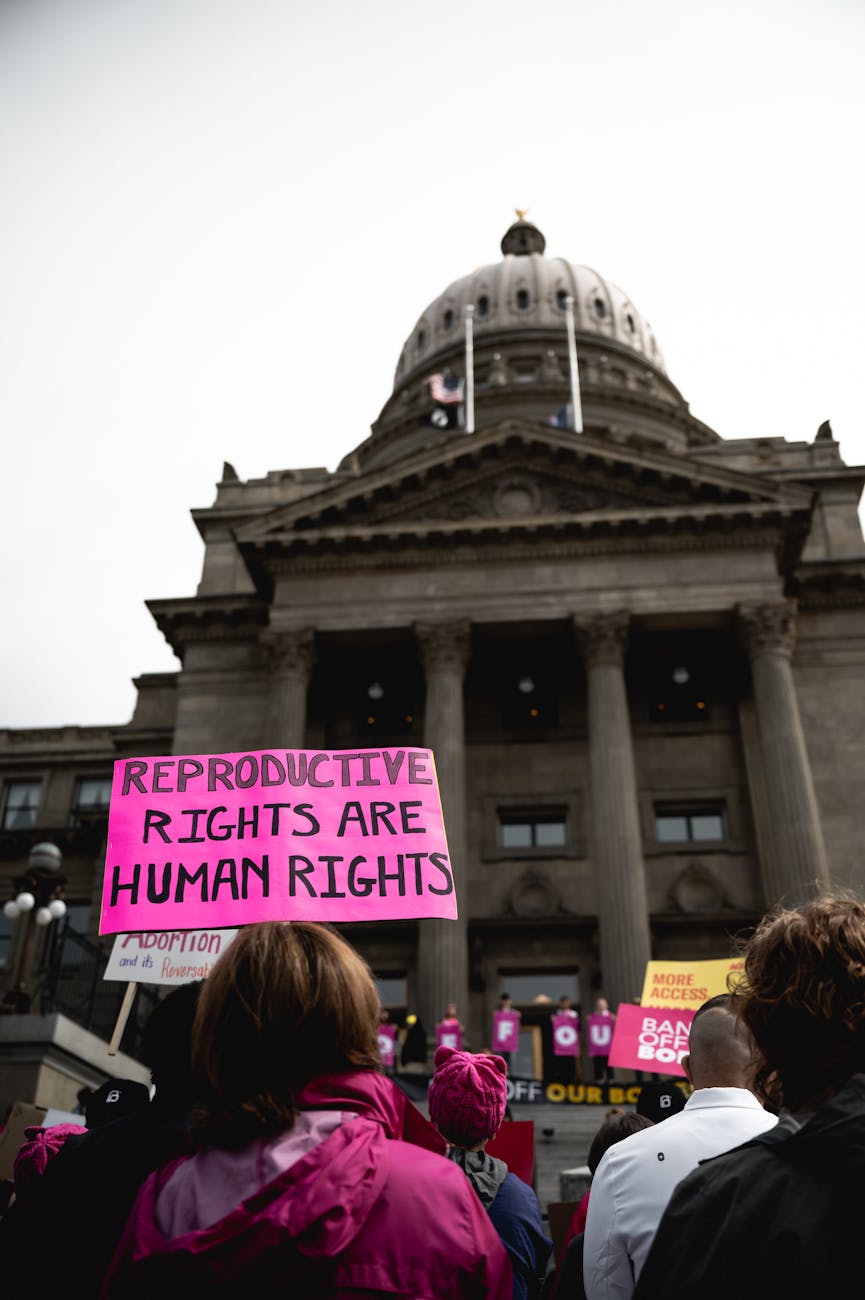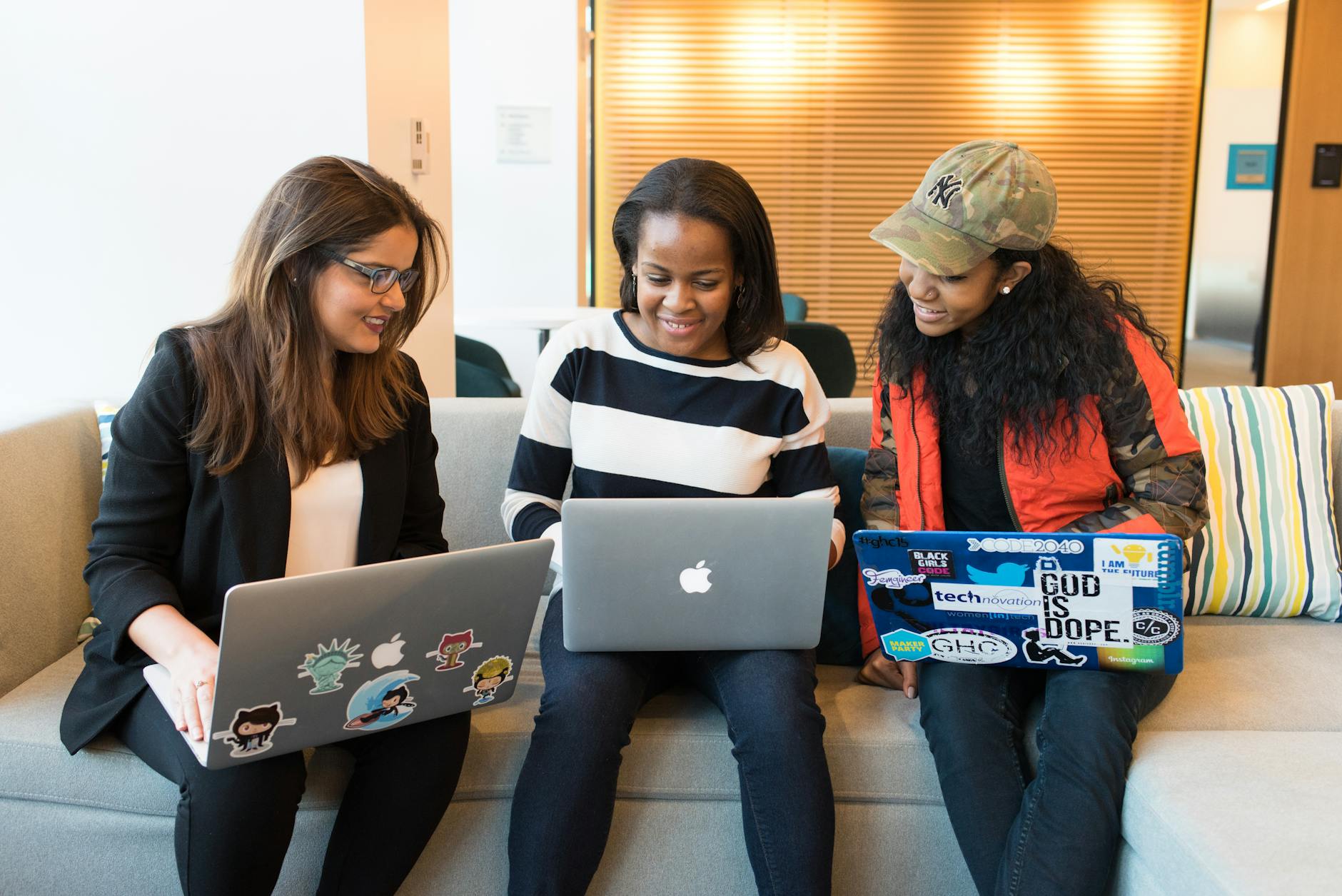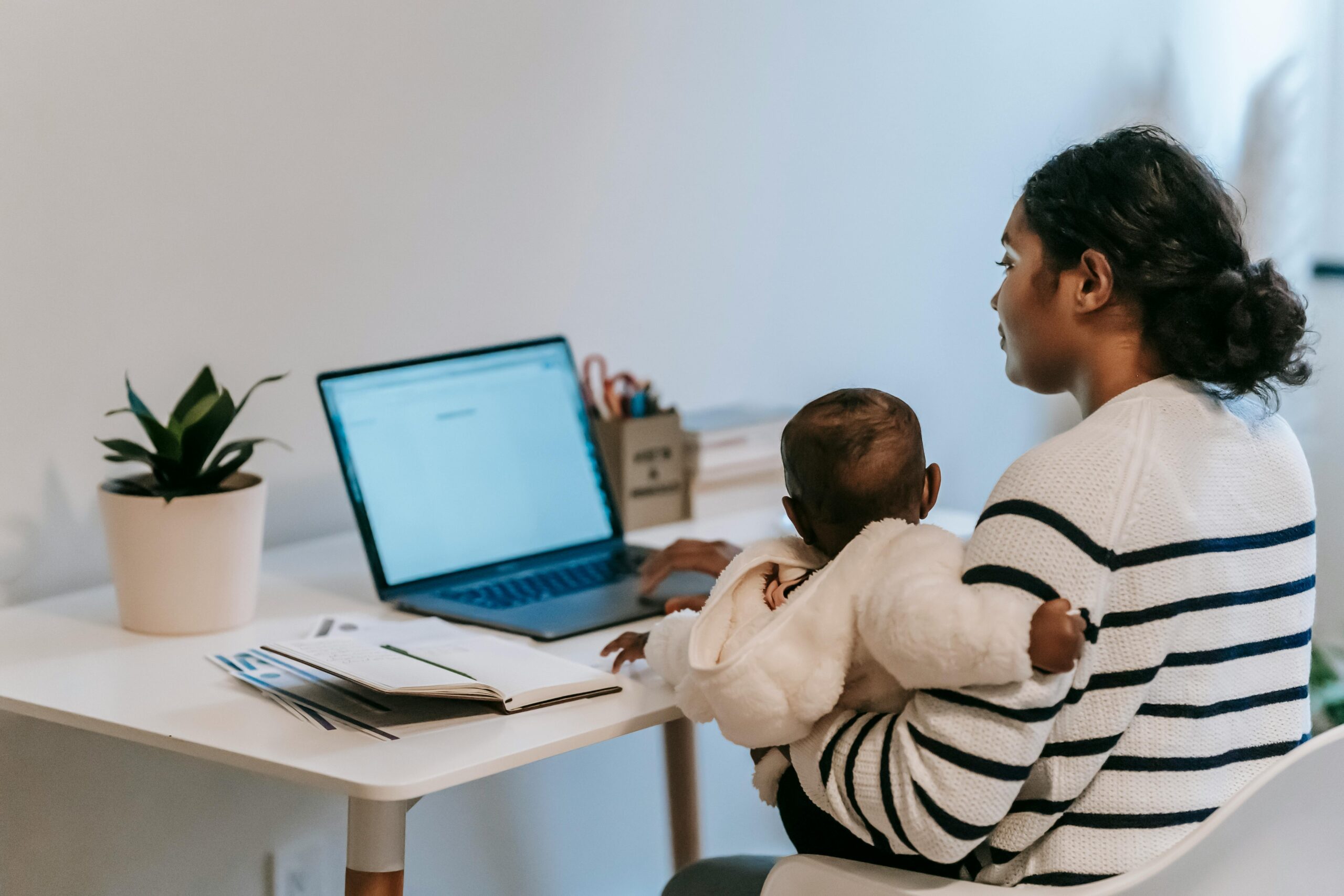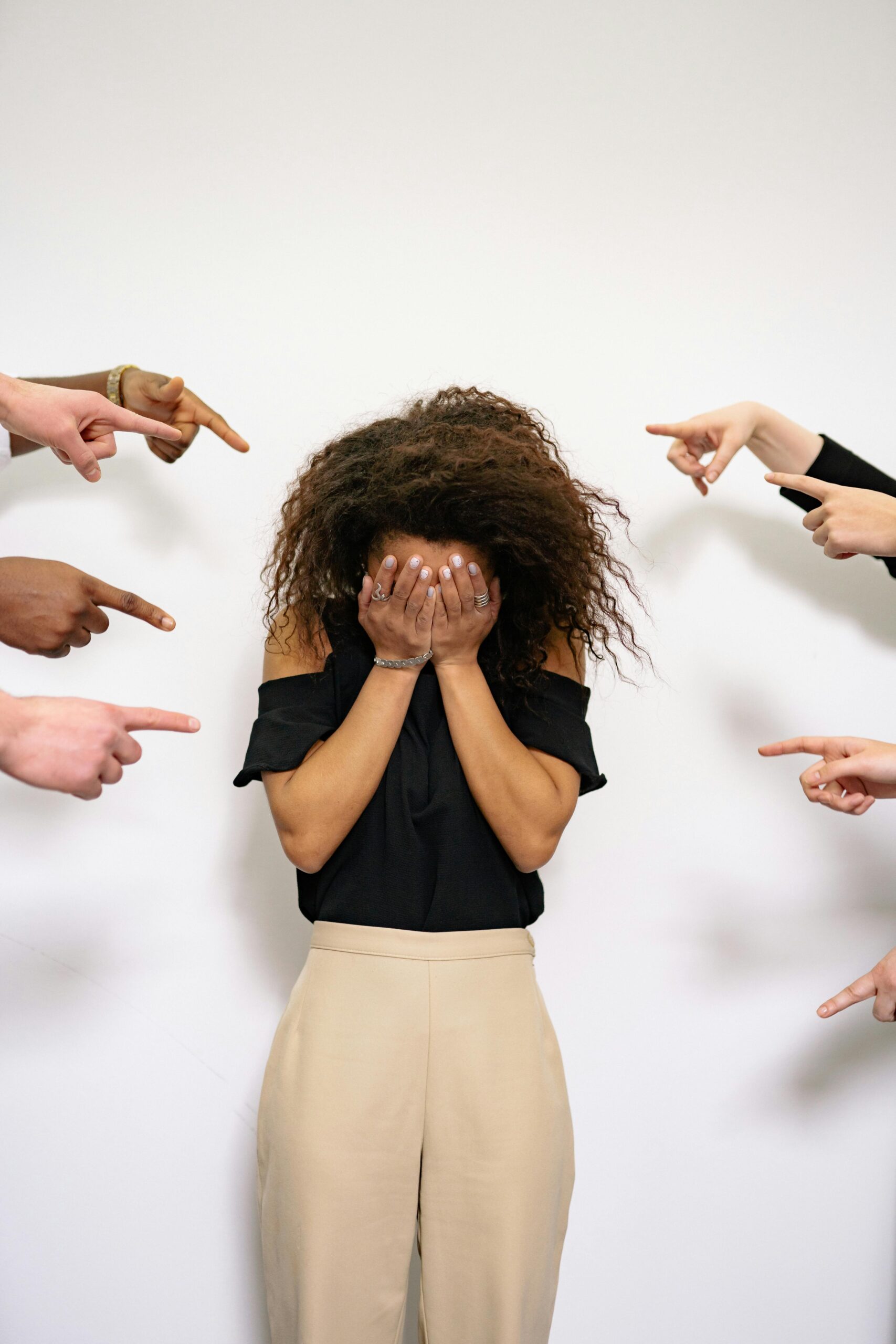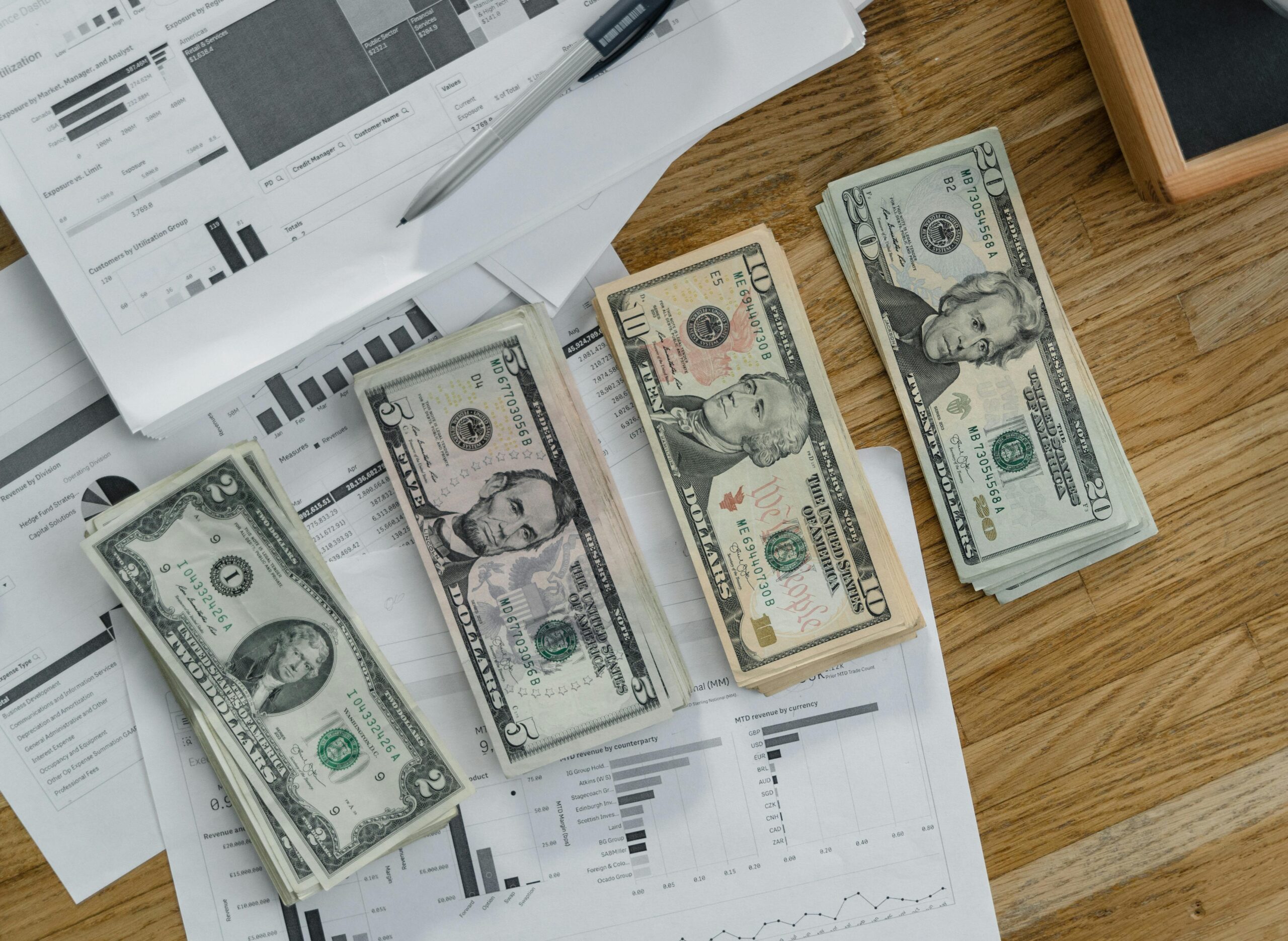In search of brighter pastures, I was driven to relocate to the United States. I was 26 years old at the time and had a master’s degree in public policy. I had no relatives or close friends in the United States, so I knew it would be difficult at first, but I was determined.
Three months after moving, I found work at a supermarket six blocks from my apartment. I worked a 12-hour shift as a shop attendant for the pitiful sum of $6.34 per hour. I was frequently allocated to stocking and refilling groceries, and I always came home with a slew of muscle aches.I despised my job and the pittance I was paid, but I had no choice because I had drained all of my “emergency savings” and would shortly fall behind on my utility bills if i lost my job.
My coworkers invited me out for drinks four months after I started my job, to celebrate a colleague’s promotion. The conversation at the bar gradually shifted to our jobs and how unfair the pay arrangements were. Majorie, a white lady who had been working in the meat section since I started working at the grocery store, was bitterly complaining about the long hours in the stinking environment, only to be paid $7 per hour, which was $1.12 less than what her male colleague in the same rank and department was paid.
For the ensuing few seconds, my vision was clouded, and the voices around me faded into faint sounds. What I was hearing was unbelievable. I had the same job title as Majorie so why were we compensated differently? Was it an error? Before I could answer the flood of questions in my in my head, Jamal the African American Deputy Head of Sale gently touched my shoulder to check on me. I forced a smile. After the program Jamal offered to walk me back home. We were both preoccupied with our thoughts. Three blocks away from my apartment he finally spoke. “You didn’t know, did you?” I stared at him. “I mean about the gender pay gap”, he continued. I sighed.
He pulled out his hands from his pockets and started gesticulating. “You know, some white people think they’re up here and we’re down there. I find it confusing that some folks believe that black people do not deserve the same compensation for equal work, and purposefully choose to pay us less.”
I finally found my voice and quizzed, “So you mean that the black people in similarly situated positions at work receive the same salary?”. He exhaled and replied, “Nah. That’s not the case. There is also a variation between male and female workers. Black male workers are on average paid more than their female colleagues, but less than white folks. “So I asked him “You mean to say that as black women, we earn just a fraction of what our white and male counterparts earn? What are WE doing about that?”
For the second time that night, everything was blurry. So, not only was I being discriminated against for my race but also gender? An interesting way to discover that women of colour are perpetually underpaid in several economies – a reflection of the inter- secting racial, ethnic, and gender biases that reinforce social and economic inequalities and threaten their financial security.


